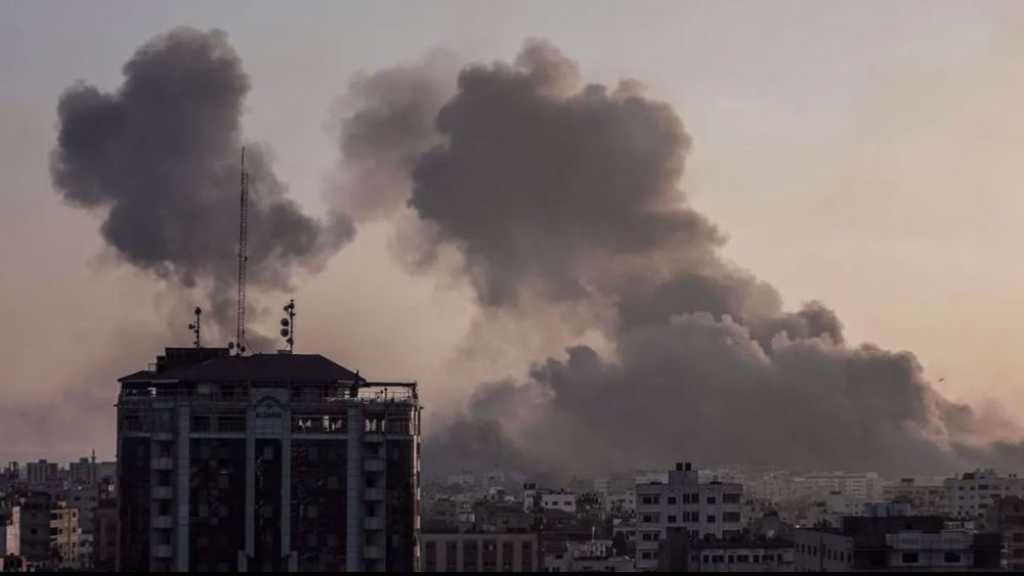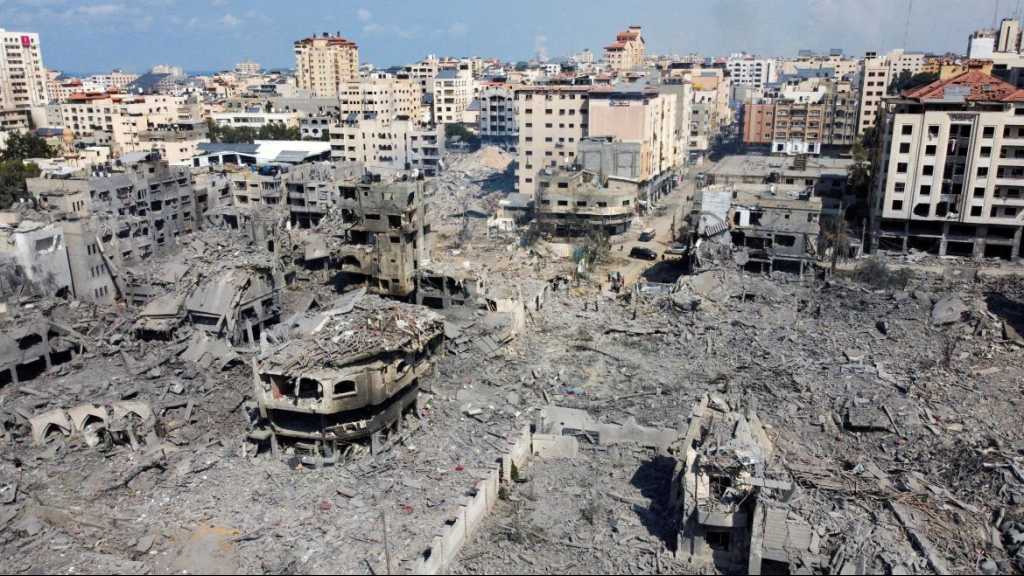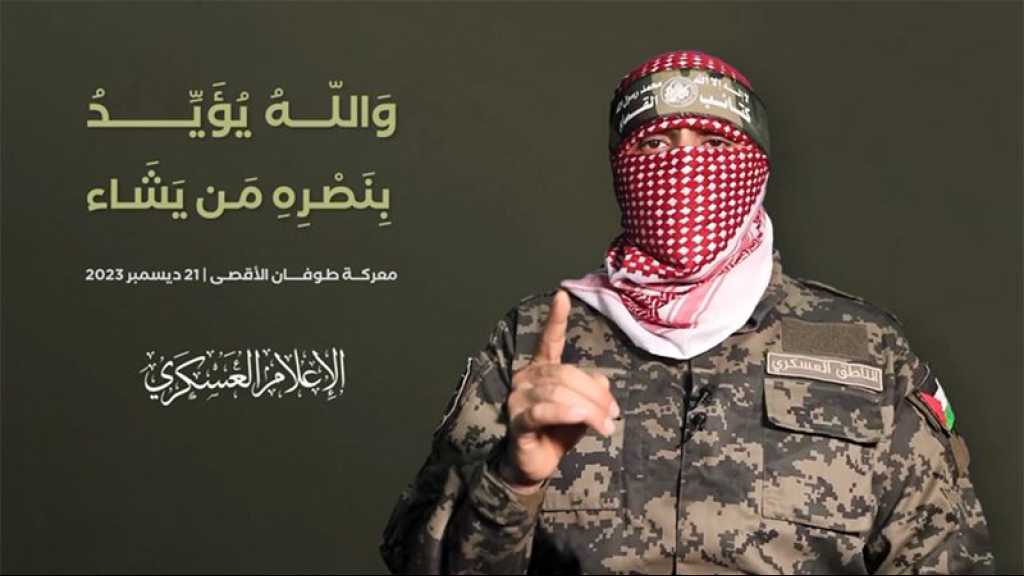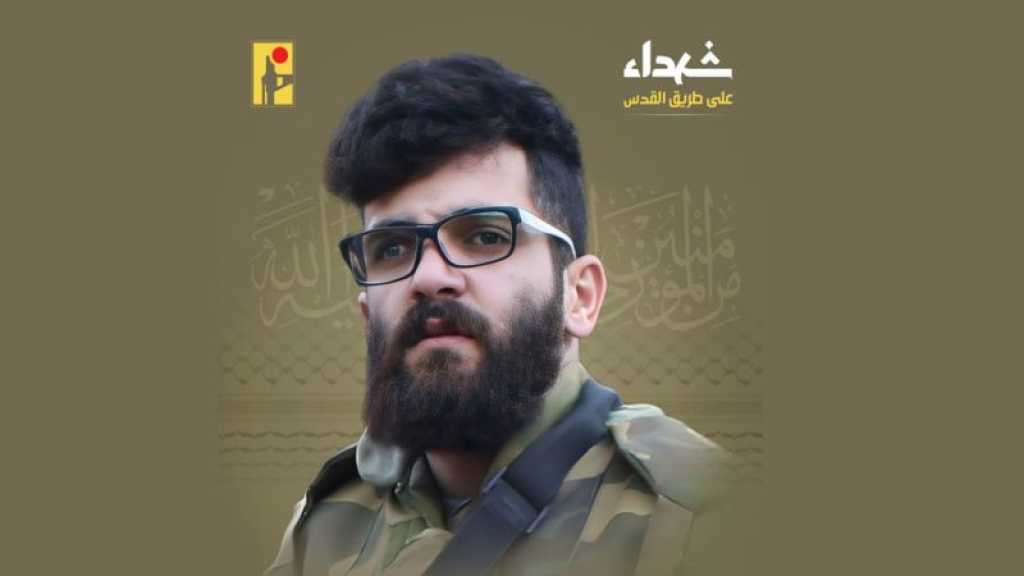
Rights Groups Slam Saudi Arabia for Sheikh al-Nimr’s Execution
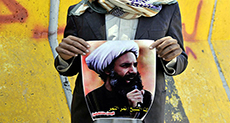
Local Editor
Amidst the brutal execution of the prominent Shia cleric Sheikh Nimr al-Nimr by the Saudi regime, rights organizations lashed the sand kingdom.
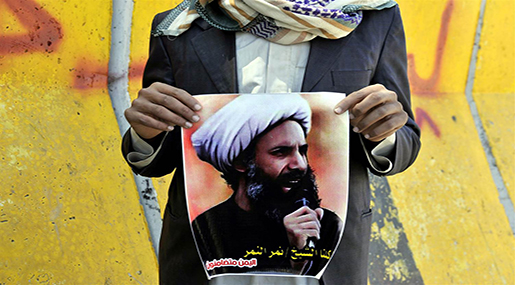
The United Nations High Commissioner for Human Rights deplored the Saudi Arabia's execution of Sheikh Nimr al-Nimr as a "disturbing development", since he had not committed a crime regarded "as most serious" under international law.
"The category of ‘most serious crimes,' for which the death penalty is still permissible, has been consistently interpreted by human rights mechanisms as being restricted to murder and other forms of intentional killing," said Zeid Ra'ad al-Hussein in a statement on Sunday, adding that the death penalty could only be handed down with stringent respect of due process and fair trial guarantees, and full transparency throughout the process.
He also rejected those convictions, which are based on confessions secured under torture and ill-treatment, or trial proceedings that fail to meet international standards.
"The application of the death penalty in these circumstances is unconscionable," he noted, questioning the legality of the executions.
Al-Hussein further called on Riyadh to put a moratorium on all executions, noting that the Arab kingdom executed almost one-third of the last year's total executions in a single day.
For its part, Amnesty international stated that Saudi Arabia's authorities demonstrated their utter disregard for human rights and life by executing 47 people in a single day.
Philip Luther, Director of Amnesty International's Middle East and North Africa Program said, "the killing of Sheikh Nimr al-Nimr in particular suggests they [Saudi Arabia]are also using the death penalty in the name of counter-terror to settle scores and crush dissidents."
Luther went on to say: "Carrying out a death sentence when there are serious questions about the fairness of the trial is a monstrous and irreversible injustice."
In a related notion, Human Rights Watch [HWR] doomed Saudi Arabia's move as a "shameful start to 2016". Sarah Leah Whitson, Middle East director at Human Rights Watch said that "the death penalty is never the answer to crimes, and executing prisoners en masse further stains Saudi Arabia's troubling human rights record.
Human Rights Watch documented longstanding due process violations in Saudi Arabia's criminal justice system that makes it difficult for a defendant to get a fair trial even in capital cases.
A Human Rights Watch analysis in September revealed serious due process concerns during four trials of Shia protesters before the Specialized Criminal Court. They include broadly framed charges that do not resemble recognizable crimes, denial of access to lawyers at arrest and during pretrial detention, quick dismissal of allegations of torture without investigation, and admission of confessions that defendants claimed were coerced.
"Saudi Arabia's execution of a prominent Shia cleric following an unfair trial only adds to the existing sectarian discord and unrest," Whitson said. "Saudi Arabia's path to stability in the Eastern Province lies in ending systematic discrimination against Shia citizens, not in executions."Other rights groups also criticized Riyadh's execution of Sheikh al-Nimr.
Americans for Democracy & Human Rights in Bahrain [ADHRB], the Bahrain Institute for Rights and Democracy [BIRD], and the European Centre for Democracy & Human Rights [ECDHR] condemn in the strongest and most absolute terms the actions of the Saudi government, and call on the governments of the international community to intervene in order to prevent any further bloodshed.
"The execution of Sheikh Nimr is not only the most serious crime imaginable against a single person - it is also a crime against human rights, democracy, and human dignity," said Husain Abdulla, Executive Director of ADHRB.
"The entire world is witness to this humanitarian catastrophe," said Sayed Ahmed Alwadaei. "The Saudi government is empowered to kill innocent people. Without US and UK support, however, maybe things would have ended differently."
Riyadh had long been one of the most prolific executioners in the world. Between January and November 2015, Saudi Arabia executed at least 151 people, amounting to its highest recorded number of executions in a single year since 1995.
Source: News Agencies, Edited by website team
